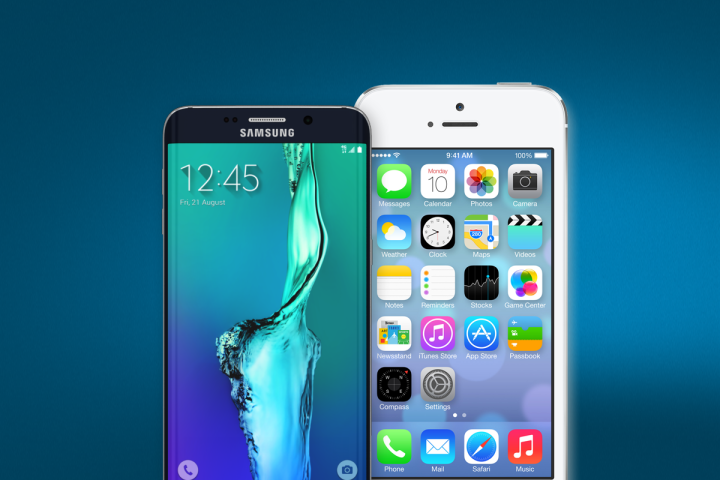
To be more precise, Apple sold 77.04 million smartphones in the fourth quarter, according to estimates from Gartner. The Cupertino, California, company has a thin lead, though, as it only sold 256,000 more than Samsung’s 76.78 million units.
It’s the second quarter in a row that Samsung has seen falling sales, all likely due to the Galaxy Note 7 recall. On the flip side, this is the first time since the fourth quarter of 2014 that Apple is in the lead — the bump at the time came from strong sales of the iPhone 6 and the introduction of the 6 Plus.
This time around, sales of the iPhone 7 and 7 Plus certainly are helping, but Gartner said Apple benefited “from the weakened demand for Samsung’s smartphones in mature markets such as North America and western Europe, and in some mature markets in Asia such as Australia and South Korea.” Samsung’s smartphone sales are estimated to have dropped eight percent in the fourth quarter.
It’s not all good news for Apple, though. Google’s Android operating system captured nearly 82 percent of the total market share during the quarter — a one percent increase from the fourth quarter of 2015. Apple only saw a 0.2 percent bump to 17.9 percent year-over-year.
Windows Mobile fell 0.8 percent to 0.3 percent market share, during the quarter, making any sort of comeback for the OS incredibly challenging. BlackBerry hit a zero percent market share, though it still managed to sell a few devices — the company recently switched to the Android operating system over its own BB10 OS.
For 2016 as a whole, Android grew 3.2 percent to reach a dominating 84.8 percent market share. Smartphone sales in general saw a five percent bump from 2015, totaling nearly 1.5 billion units.
Competition is heating up in China, but BBK Electronics — which owns smartphone brands such as Vivo, Oppo, and OnePlus — seems to have maintained its second place position in the country. The company was “marginally ahead of Huawei in the fourth quarter of 2016,” and it has seen exceptional growth in India. BBK is now the fifth on the list of top
Oppo operates independently from BBK, and the brand has held onto its top position in China during the fourth quarter. It sits ahead of BBK on the list of top smartphone vendors.
Editors' Recommendations
- The top 7 bestselling phones of 2023 were all … you guessed it
- The best smartphone case brands in 2023: the 20 best ones
- 5 things the iPhone has to change in 2023 before I ditch Android
- Here’s why you should buy certified renewed or refurbished smartphones
- Apple officially buying Intel’s 5G modem business for $1 billion


